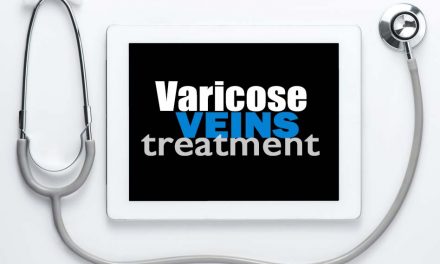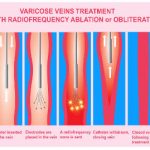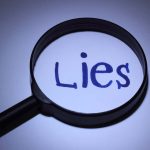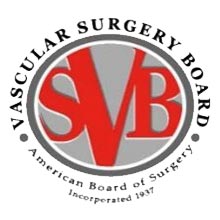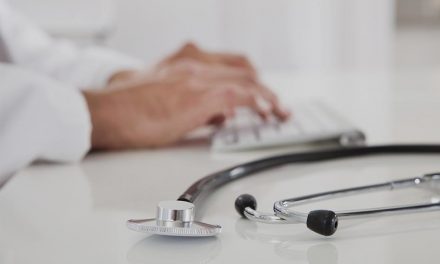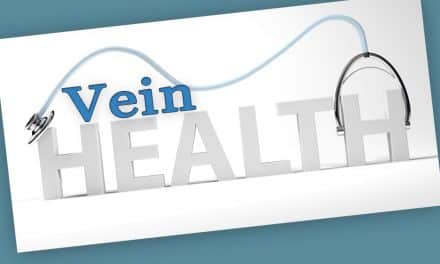
What Does It Mean to be Board Certified in Treating Veins?
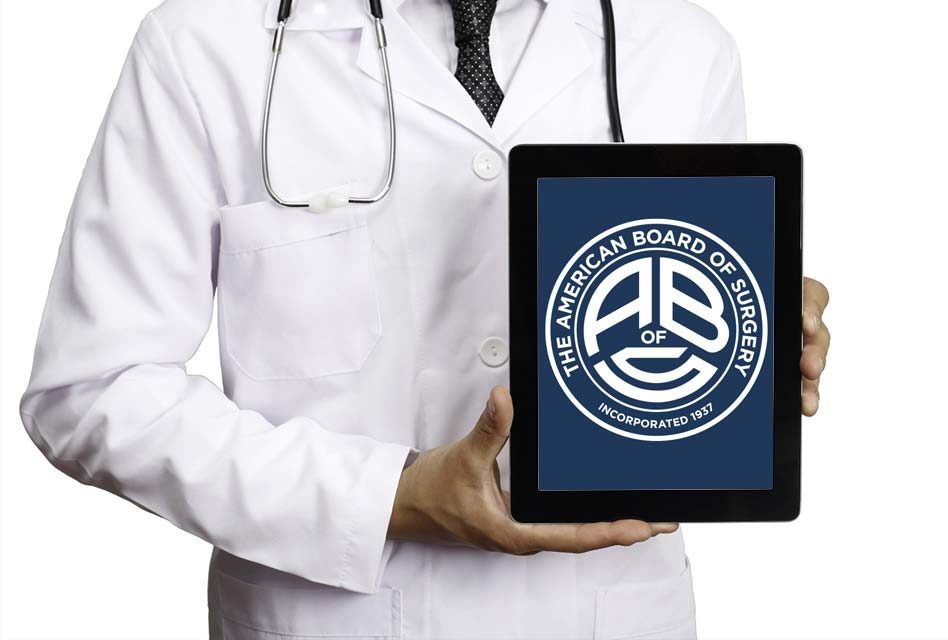
On September 21, 2012, Dr. Kavic successfully passed the Vascular Surgery Recertification Examination, a rigorous six hour test given by the American Board of Surgery.
Before choosing a vein specialist to treat your veins, make sure that your physician is board certified by a recognized legitimate American Board of Medical Specialties approved board.
That demands formal training in venous disease, in addition to being able to pass a test. Preventing on the job training was one of the reasons that the ABMS was created.
The ability to just pass a written exam is not enough. Dr. Kavic also completed his vascular surgery fellowship training at the Mayo Clinic in 1986.
Over the past 70 years, many newly created “medical boards” have arisen without approval of the national accrediting organization that approves medical boards in the United States. Hospitals don’t recognize these boards when a doctor applies for hospital privileges, and neither should you.
The recognized standard-setting organization is the American Board of Medical Specialties (ABMS) which is composed of 24 primary medical specialty boards and six associate members: the American Hospital Association, American Medical Association, Association of American Medical Colleges, Council of Medical Specialty Societies, Federation of State Medical Boards of the United States, and National Board of Medical Examiners.
Unfortunately, the public is largely unaware of the deception that rogue, non accredited boards have created.
In advertising or when listing credentials, it seems almost all MDs are “Board Certified”, but the board certifying them either is often not mentioned or that board is not a member of the ABMS.
Often the purpose of these “boards” is to allow the use of the words, “Board Certified” after the doctor’s name. That is meant to legitimatize their expertise even though some doctors have had little or no training in that field.
Because the scope of today’s medical knowledge is so vast, almost all medical school graduates take additional training before entering clinical practice.
After training, medical specialty boards require high standards of training and performance and ensure this with rigorous examinations.
Successful applicants receive diplomas and are truly considered “board-certified.” They are also referred to as “diplomates” in their particular specialties.
The number of ABMS-approved credentials has risen sharply during the past ten years. Certificates are now available for 37 specialties and about 75 subspecialties. Most certificates expire within seven or ten years and require reexamination for renewal.
To exploit the public ignorance, many unscrupulous self-proclaimed specialists advertise their so called board certification in fields they have not trained.
An example of this has occurred in the field of venous disease. Many doctors who have never formally trained in venous disease and have acquired the majority of their knowledge about veins at 3 or 4 day conferences now advertise as being board certified in phleblogy.
Over the past 15-20 years, this group now calling themselves “phlebologists” have arisen.
These phlebologists include doctors from nearly all of the specialties of medicine including dermatology, internal medicine, family practice, obstetrics and gynecology, cardiology, psychiatry, cardiac and thoracic surgery, colon and rectal surgery as well as many others.
These self proclaimed vein experts allege this distinction of being called board certified in phlebology primarily by having passed an examination by the American Board of Phlebology. Applicants are also required to submit 100 cases where they have taken direct participation in the care of a patient.
This American Board of Phlebology was established in 2007 and gave its first exam in 2008. It was formerly known as the as the North American Society of Phlebology which was founded in 1985.
The purpose of the latter College was to bring together physicians from diverse specialties including many doctors who had never been trained in vascular disease but who shared an interest in venous disease. At the same time many lacked an approved formal training program, residency or fellowship in vascular disease.
The subject of phlebologists calling themselves board certified was hotly debated Friday June 1st 2012 by leaders in venous disease in this country including Drs. Mark Meissner, David Gillespie, Peter Gloviczki and Michael Dalsing at the International Vein Conference in Miami Florida.
A major difference between the American College of Phlebology and recognized accredited ACMS boards is that there is not and never has not been an ACGME accredited training program in this country for the specialty of phlebology.
The American Board of Phlebology is now considering that they may decide to acquiesce to these protests and change their nomenclature from board certified in phlebology to “Diplomate of the American Board of Phlebology.”
In our opinion, that distinction does nothing to clarify this issue from the perception of the unsuspecting public and only muddies the waters further.
Unfortunately, only a handful of states restrict the advertising of board certifications or specialties.
Certification by any of the following suggests that a practitioner is not approved by the ABMS which was specifically designed to prevent dubious boards from being created to obfuscate and confuse the public trust.
Other commonly seen but non approved boards that are not recognized by hospital accreditation committees and the American Board of Medical specialties include:
- American Board of Cosmetic Surgery… (People assume these surgeons are equally trained as plastic surgeons are but there is a huge difference)
- American Board of Chelation Therapy
- American Board of Holistic Medicine
- American Board of Environmental Medicine
- Bariatric Medicine
- Facial Cosmetic Surgery
- Acupuncture Medicine
- Addiction Medicine
- Chemical Dependence
- Hair Restoration
- Laser Surgery
- Sleep Medicine
- Alcoholism and Other Drug Dependencies
- International Board of Environmental Medicine
- Boards with the word, Clinical, in front of their name
Doctors are all good test takers. “Caveat emptor” … Let the buyer beware.
Now that you have been informed and know the difference, choose your vein specialist carefully.
Call us at 724-987-3220 if you have any questions or would like to make an appointment.


